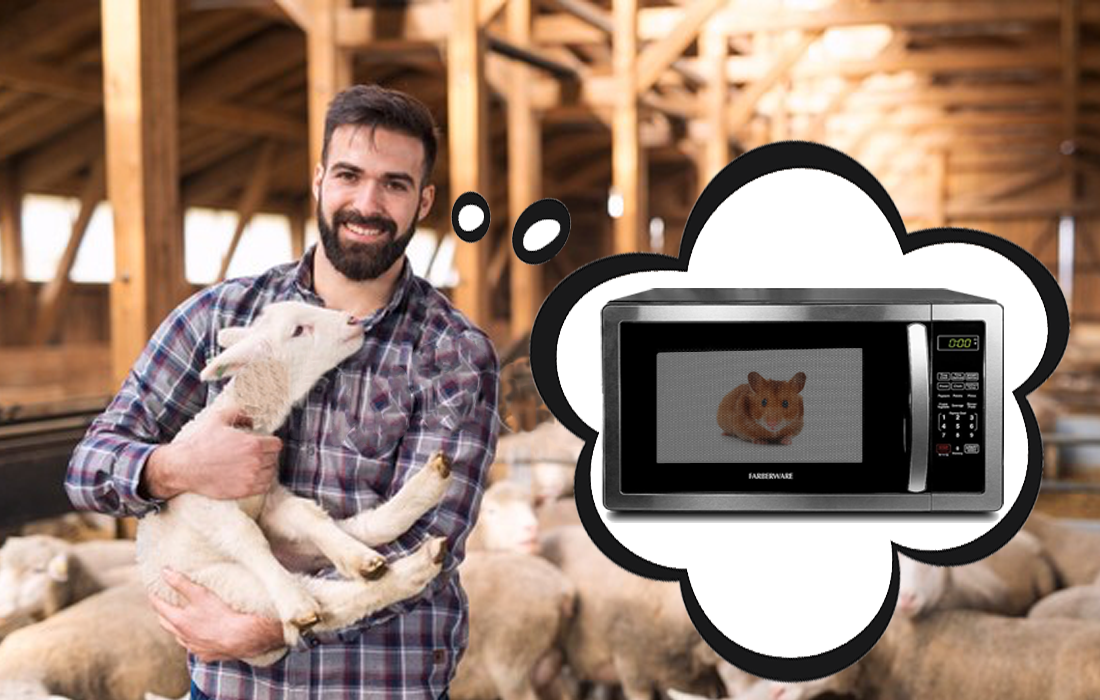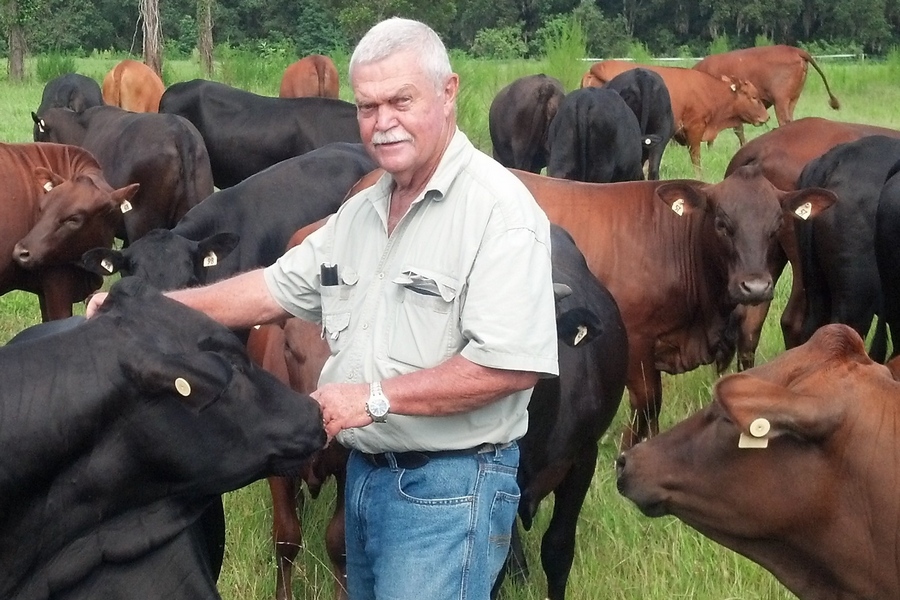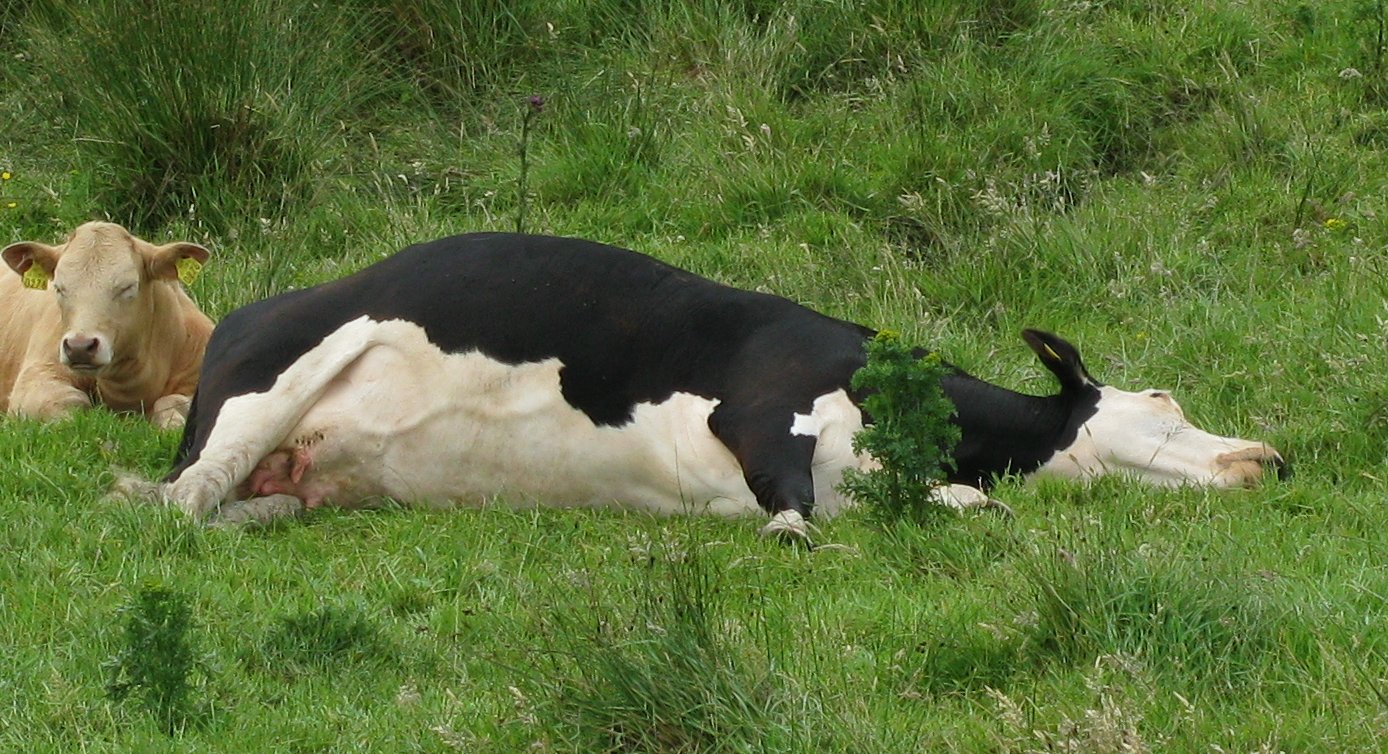
Guy Who Microwaved His Hamster in The Third Grade Grateful to Keep Doing What He Loves in Animal Science Program
Animal Science Junior Clayton Keane ’25 considers himself lucky. He gets to wake up every day and do his favorite thing: unsupervised barn time. As the first to arrive & last to leave, Keane has taken advantage of every opportunity the program affords. He relishes the hands-on aspect of the curriculum, estimating that he has…









